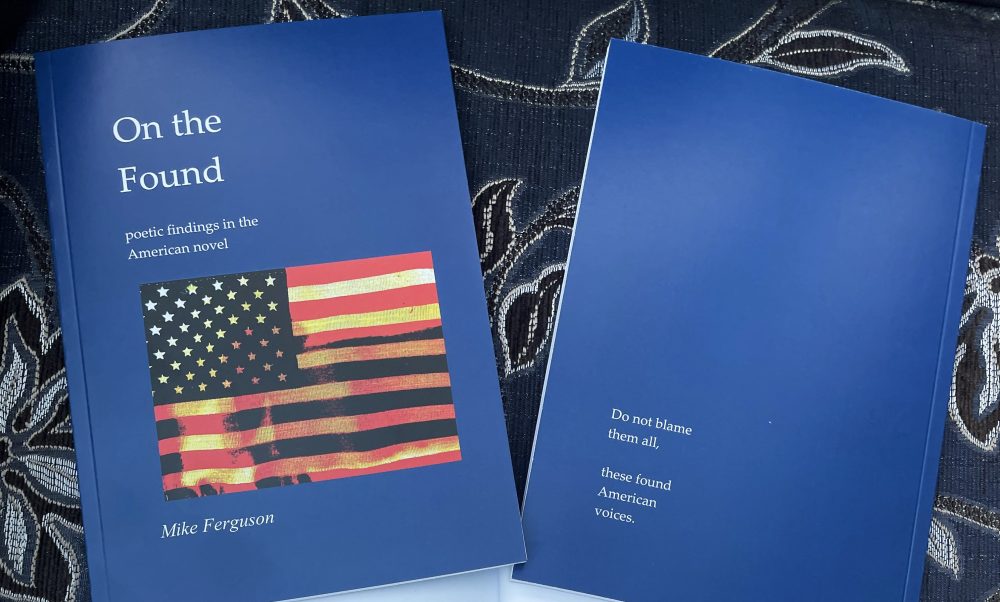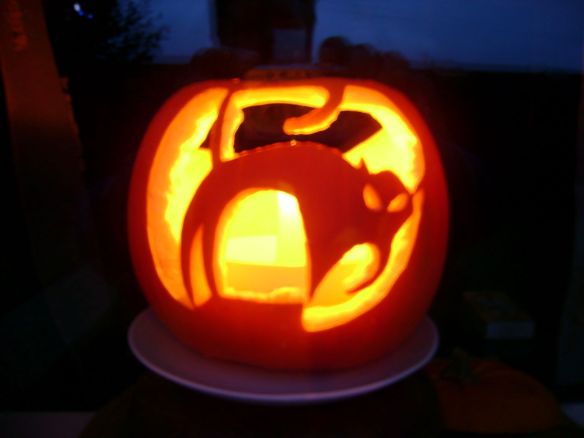
I am so genuinely pleased to nearly be a full member of The Red Ceilings Press family, my book available soon…
My sincere thanks to Mark.



I am so genuinely pleased to nearly be a full member of The Red Ceilings Press family, my book available soon…
My sincere thanks to Mark.




It’s no big deal, but on a day I finished clearing out this year’s compost bin and spreading it across the entire vegetable garden [no digging this time around, so that annual commitment gone – as much as I looked forward to the triumph of its finish] I turned my attention and self-animation to this ercol advertisement in yesterday’s Observer.

The errors in it prompted a number of feelings/responses. The first is the glaring mistake of not putting a dash or colon or connective after the word ‘chairs’ and therefore before ‘receive’. Related to this was my tangential thought that students wouldn’t need to know how to name this mistake, in punctuation or grammatical terms, especially at English Key Stages 1 and 2 [linking to a long-standing argument of mine, and others, as an English teacher], but I’d like them to see it as a mistake. Now, for a national advertisement, this kind of technical error is surely ridiculous – just because it is wrong – but presumably money was paid to proof-read? But what genuinely prompted this animation [yes, more than pedantry!] was the insulting nature of the FREE offer: the cheapest chair!
Naturally, on the basis of the outrageous affront of that offer I have considered if this is entirely stylised, so including this and the other errors I will also highlight. Perhaps an intentional sassiness? But I think not.

These next are probably not sacrosanct, and interpretable again as fashion/style, but I’m not convinced that dining, living, bedroom, and home office are proper nouns. They are common nouns, to get technical. This is especially significant if home office is meant to be domestic rather than an institution. And the &?
With ‘Offer ends Monday 5th November 2018’ you suspect punctuation is a non-consideration. As for ‘Terms and conditions apply, ask in store for details.’ you know punctuation is considered, just randomly and inaccurately! The comma after ‘apply’ is interesting because it is a partial recognition of a need that isn’t seen in my opening example, just that again it is wrong and should be a dash or colon. And then there is the last line of the above capture which is just obviously the samo-samo….

As for the lower case brand name: well, that’s conventionally acceptable as style, but this speaks more to a casualness that smacks of uncaring. But it is essentially the cheap-ass offer of a free cheapest chair that galls. Really. And the fact I have no garden to dig and occupy a wandering mind.
NB I’ve just re-read what I have written, a few hours subsequent. Yeah, I’d be worried if I didn’t know the person who wrote this! So, a picture of my composted garden just as a kind of context to explain the loose end leading to my purism:


Pleased to have my ‘Brexit’ poem here at International Times this morning.
…it’s for writing too.

A few years ago I prepared creative writing ideas to use with students in school around the time of Halloween. I’m sharing these again here for those interested.
The work contains:
model poems; teacher notes; student notes
A specific focus is using rhyme, something I would normally avoid completely when working with students writing poetry, or discourage when they inevitably fall for its apparent charms!
These poems play with use of rhyme at the front of lines – a technique I stole from the wonderful Thomas Hood – and it provides another focus apart from the ‘theme’ to direct students as well as provide approaches for copying or to guide.
This was produced originally by Teachit who do edit and re-present work submitted and I can commend these, especially for the neatness of that presentation. If already a member, you can access here.
For the same work, though perhaps a little more explained [I haven’t checked precisely one against the other], you can access as PDFs to download and copy/use as you will [right-click to open as a separate page] below:


[Image by artist and photographer Nick Dormand]



